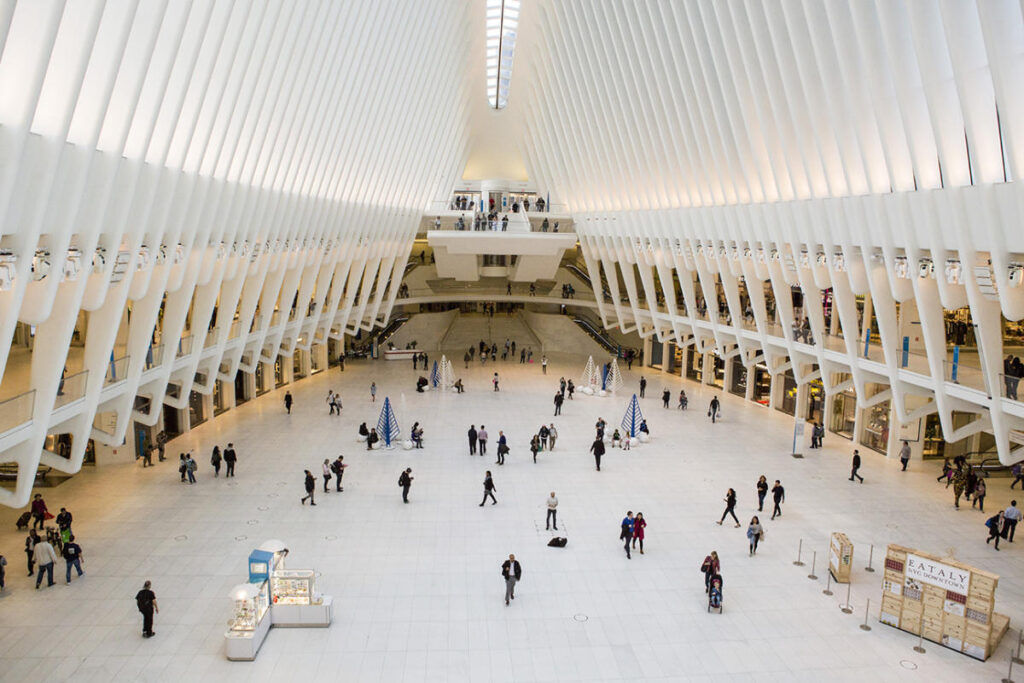Oculus Center The virtual reality (VR) world has evolved significantly over the past decade, transforming from a niche concept into a mainstream technological phenomenon. At the forefront of this revolution is the Oculus Center, a pioneering hub that is a beacon of innovation, research, and immersive entertainment. This article delves into the Oculus Centre’s history, significance, and potential, exploring why it has become a cornerstone of the VR landscape.
What is the Oculus Center?
It is an advanced facility or concept tied closely to the Oculus brand, which has led the development of virtual reality technologies. Created by Oculus, a subsidiary of Meta (formerly Facebook), the centre is a focal point for VR enthusiasts, developers, and researchers. Its purpose is to push the boundaries of immersive technology by creating a space where cutting-edge ideas are developed, tested, and showcased.
It is not merely a physical location but also a symbolic representation of how VR is evolving. Whether through dedicated research hubs, development training centres, or online platforms that support VR enthusiasts, the is designed to create an ecosystem for innovation and collaboration.
The Evolution of the Oculus Center
The journey of It began with the meteoric rise of Oculus VR, a company founded in 2012 by Palmer Luckey, Brendan Iribe, and their team of visionaries. Oculus gained global attention with the release of the Oculus Rift, one of the first commercially successful VR headsets. When Facebook (now Meta) acquired Oculus in 2014, it began a new era for virtual reality.
Over time, the Oculus brand expanded its influence by introducing a range of VR devices such as the Oculus Quest, Oculus Quest 2, and Oculus Rift S. To support these products and foster innovation, the Oculus Center emerged as a hub where research, development, and user engagement could thrive.
Today, the Center is synonymous with advanced VR technologies and experiences, offering people from diverse fields the opportunity to explore virtual environments’ potential.
Cutting-Edge Research and Development
The Oculus Center is at the heart of VR innovation, with a focus on research and development (R&D). Here, scientists, engineers, and designers work together to solve some of the biggest challenges in virtual reality, such as:
- Improving Visual Fidelity: VR experiences rely on high-quality visuals to create a sense of immersion. The Oculus Center focuses on developing displays, graphics processing units (GPUs), and rendering techniques that deliver lifelike visuals.
- Advancing Spatial Audio: Spatial audio plays a crucial role in VR by creating a 3D soundscape that enhances realism. It researchers are constantly refining audio technologies to match the visuals in virtual environments.
- Reducing Latency: Low latency is essential for smooth and responsive VR experiences. The centre works on optimizing hardware and software to achieve near-instantaneous feedback.
- Innovative Haptics: VR devices can simulate the sense of touch by integrating haptic feedback. The Oculus Center has been experimenting with wearable technologies and controllers that make interactions in virtual worlds more tactile and realistic.
This emphasis on R&D ensures that the Oculus Center remains a leader in VR advancements, continually pushing the boundaries of what is possible.
The Oculus Center as a Training Ground
In addition to its R&D efforts, the Oculus Center serves as a training ground for the next generation of VR developers and creators. The centre equips individuals with the skills to create engaging VR content through workshops, hackathons, and educational programs.
The Oculus Center provides developers with access to resources like software development kits (SDKs), design guidelines, and technical support. This empowers them to build applications for the gaming, education, healthcare, and architecture industries.
Educational initiatives at the Oculus Center often involve partnerships with universities, tech schools, and online learning platforms. These programs aim to democratize access to VR technology, ensuring that anyone passionate about innovation can contribute to the VR ecosystem.
Immersive Experiences at the Oculus Center
One of the most exciting aspects of the Oculus Center is its role in delivering immersive experiences to users. The centre often showcases groundbreaking VR applications that span a wide range of industries, including:
- Entertainment and Gaming: VR gaming has become a dominant force in the entertainment industry, and the Oculus Center is a hub for game developers and players alike. It hosts gaming expos and VR tournaments and showcases new titles that redefine interactive storytelling.
- Education and Training: VR has proven to be a powerful educational tool, allowing students to explore historical landmarks, conduct virtual experiments, and practice complex procedures in a risk-free environment. The Oculus Center highlights educational content that enhances learning experiences.
- Healthcare Applications: VR is used in the medical field for therapy, surgical training, and patient rehabilitation. The Oculus Center collaborates with healthcare providers to develop VR solutions that improve patient outcomes.
- Workplace Collaboration: With the rise of remote work, VR offers innovative ways for teams to collaborate in virtual spaces. The Oculus Center showcases platforms like Horizon Workrooms, where colleagues can interact and brainstorm in immersive environments.
These experiences demonstrate VR technology’s transformative potential, underscoring why the Oculus Center plays a vital role in its proliferation.
The Oculus Center’s Impact on the VR Industry
The Oculus Center has profoundly impacted the VR industry, shaping trends and setting standards for innovation. By bringing together a diverse community of developers, researchers, and enthusiasts, the centre has accelerated the adoption of VR globally.
Moreover, the Oculus Center’s emphasis on accessibility ensures that VR is not just a luxury for a select few but a technology that can benefit people from all walks of life. From affordable headsets to user-friendly interfaces, the centre is committed to making VR as inclusive as possible.
The Future of the Oculus Center
As the VR landscape continues to evolve, this is poised to remain at the forefront of innovation. The integration of artificial intelligence (AI), augmented reality (AR), and mixed reality (MR) technologies will likely redefine what the centre can achieve in the coming years.
Potential future developments at the Oculus Center include:
- Full-Body Tracking: Enhancing user immersion by incorporating full-body motion tracking.
- Social VR Expansion: Creating more robust and interconnected virtual social spaces.
- Integration with AI: Using AI to create dynamic virtual worlds and adaptive experiences.
- Sustainability Initiatives: Developing eco-friendly VR hardware and reducing the environmental impact of production.
By embracing these advancements, the Oculus Center will continue to shape the future of immersive technology, ensuring that VR becomes an integral part of everyday life.
Conclusion
The Oculus Center represents much more than a physical or virtual space—it is a symbol of progress in virtual reality. Through its dedication to research, development, education, and user experiences, the centre has established itself as a driving force behind the global adoption of VR technologies.
As the demand for immersive experiences grows, the Oculus Center will remain a beacon of innovation, guiding the industry toward new heights. Whether you’re a developer, a gamer, or simply someone curious about the future of technology, the Oculus Center offers a glimpse into a world where imagination and reality blend seamlessly.






